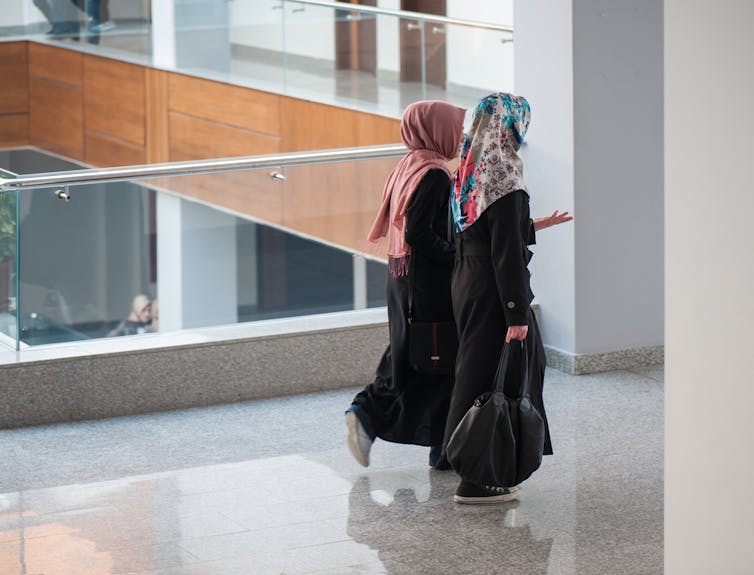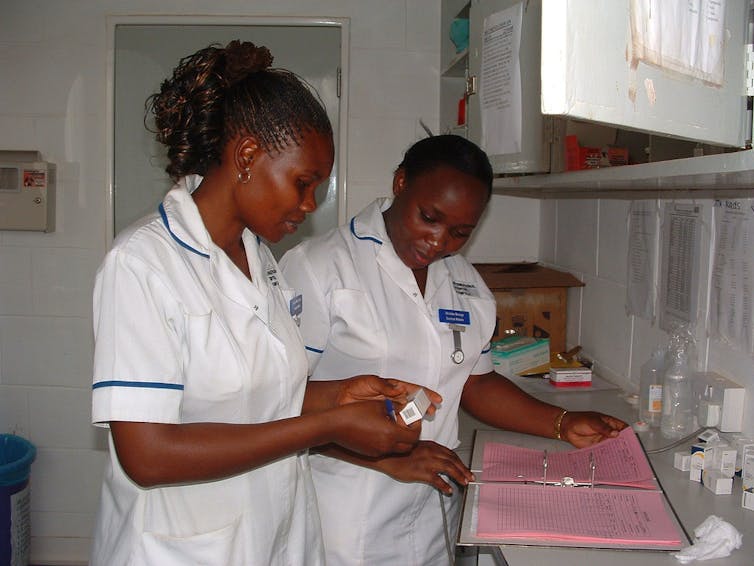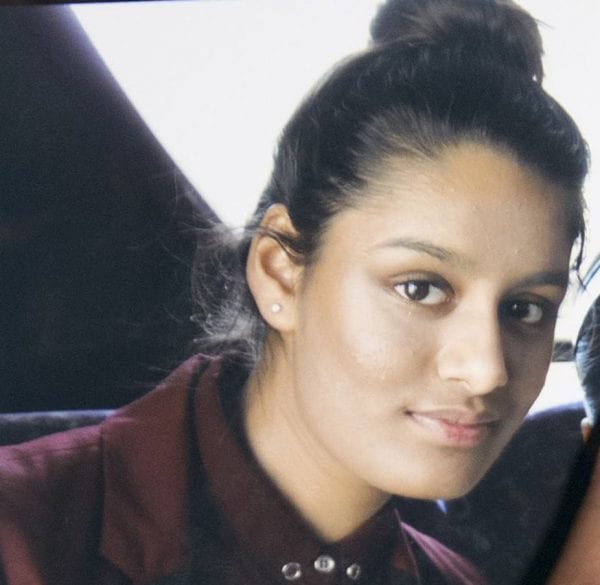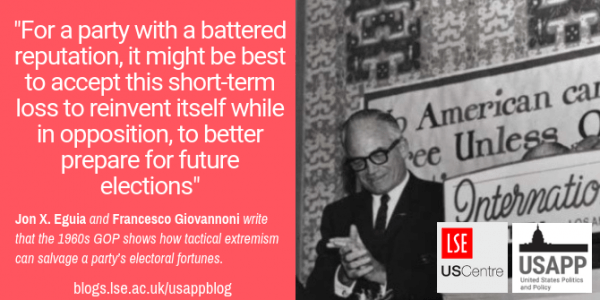
Matthew Ridd, University of Bristol and Robert Boyle, Imperial College London
Around one in five children have eczema – and even mild cases can have a big impact on both the child and their family. For many, symptoms will come and go before they start primary school, but for others it can indicate the beginning of a genetic tendency to develop allergic conditions such as hay fever or asthma (or both). Continue reading











